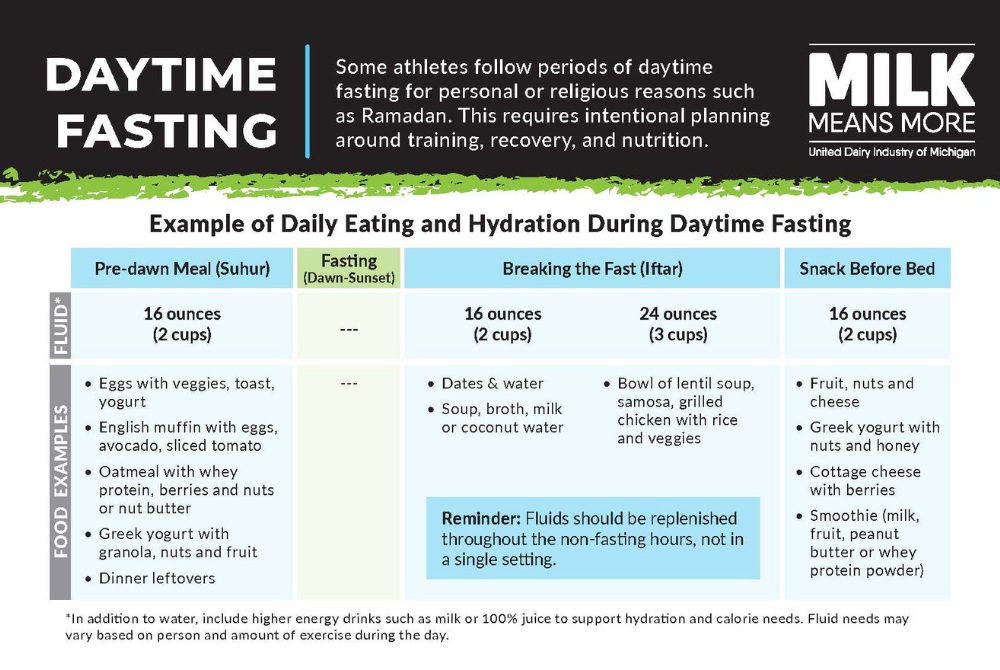
How To Enhance Your Running Performance
July 11, 2023
With summer now in full swing, lots of us are hitting the track, the streets and the trails to get and stay fit.
 Whether you run marathons or prefer a quick lap around the block, there are many ways to adjust your running routine to get the most out of your workout.
Whether you run marathons or prefer a quick lap around the block, there are many ways to adjust your running routine to get the most out of your workout.
"It's not uncommon for runners to get into a regular running routine," says Jamie Schwab, an athletic trainer at Henry Ford Health. "They'll find a comfortable pace and stick with it, often even doing the same route."
Unfortunately, doing the same run day after day not only leads to boredom, but it can also prevent you from reaching your full potential.
5 Tips To Run Smarter
It’s no secret that running is tough on the body. In fact, runners frequently develop muscle imbalances that make the body work harder. But you can take steps that can help you improve your run, maximize efficiency and get the most out of your running workout. Here's how:
1. Listen to your body: Whether you're a seasoned runner or just starting out, pay close attention to what your body is telling you. If your hips and knees are sore, back off. Feeling strong? Run another mile. The key to improving your run is to gradually increase distance and intensity over time. At first, you may only be able to handle a 10- or 15-minute jog. But if you keep at it, you'll be running for 30 minutes straight in no time.
2. Get the right footwear: If you're not a competitive runner, you might think any pair of running shoes will do. In reality, properly fitted running shoes not only enhance your performance but also reduce your risk of injury. Find a running store that can analyze your form and recommend shoes based on your unique gait and foot strike.
3. Pay attention to your target heart rate: Your target heart rate is 220 minus your age. Once you hit that rate during your run, you're working at maximum capacity. Don't want to invest in a heart rate monitor or be bothered with another tracking device? You're probably hitting the zone if you can still carry on a conversation during your run.
4. Focus on strength: If you're an avid runner but you aren’t strength training, you're setting yourself up for injury. "You're asking your body to do a lot during a run," Schwab says. "Weak glutes or hips add stress to your knees and ankles." Want to stabilize your run? Pay special attention to your core muscles. Solid strength training exercises include lunges, planks, squats and pushups.
5. Keep it interesting: Doing the same running routine day after day can be exhausting. Break out of your comfort zone by trying a different route, playing with your pacing, or running stairs or hills. You might even incorporate plyometric activities into your run. These explosive motions — hopping, skipping and jumping — help build power, strength and performance.
Running Safe
Eating well and getting regular exercise are key to enhancing overall health. Plus, a fit body is better equipped to avoid and battle infection. Running can also protect your sanity.
"Running is a great escape for many exercise enthusiasts," Schwab says. "Many people find they not only feel physically healthier, but their mental and emotional health also gets a boost."
The caveat: When you're running, you're placing double or triple your body weight on one side of your body at a time. So it's critical to pay attention to what shape your body is in before you take to the track. A few questions to ask yourself:
- Am I in good cardiovascular shape?
- Am I recovering from shin splints, knee injuries or hip problems?
- Am I at risk of falls?
- Am I suffering from osteoporosis?
It’s always important to check with your doctor before making changes in your exercise regimen. If running isn't appropriate for you, plenty of other activities, such as swimming, hiking and biking, can get your heart pumping.
To find a sports medicine specialist at Henry Ford, visit henryford.com/sports or call 1-800-436-7936.
Jamie Schwab, AT, ATC, SCAT, CSCS, is an athletic trainer with Henry Ford Sports Medicine and works with student athletes at Edsel Ford High School. She is a National Strength and Conditioning Association certified strength and conditioning specialist.

Fuel Up for Daytime Fasting with Proper Nutrition, Hydration
February 17, 2026
Some athletes follow periods of daytime fasting for personal or religious reasons, such as Ramadan. Fasting from dawn to sunset requires thoughtful planning around nutrition and hydration. With adjustments to meal timing and fluid intake, athletes can continue to support their training, performance, and recovery while observing the fast.
Eating a balanced meal before dawn helps provide sustained energy throughout the day. Including a mix of carbohydrates, protein, and healthy fats can help fuel muscles and promote fullness.
When breaking fast, athletes should focus on prioritizing complex carbohydrates for energy, along with protein and healthy fats to help the body recover and prepare for the next day’s activity.
Hydration during non-fasting hours is also key, and fluids should be consumed throughout the evening rather than all at once.
With careful planning around meals, fluids, and nutrient balance, athletes can successfully navigate fasting while maintaining strength, endurance, and overall performance.
Click: Practical nutrition & hydration guidance for athletes who observe daytime fasting, such as Ramadan.



